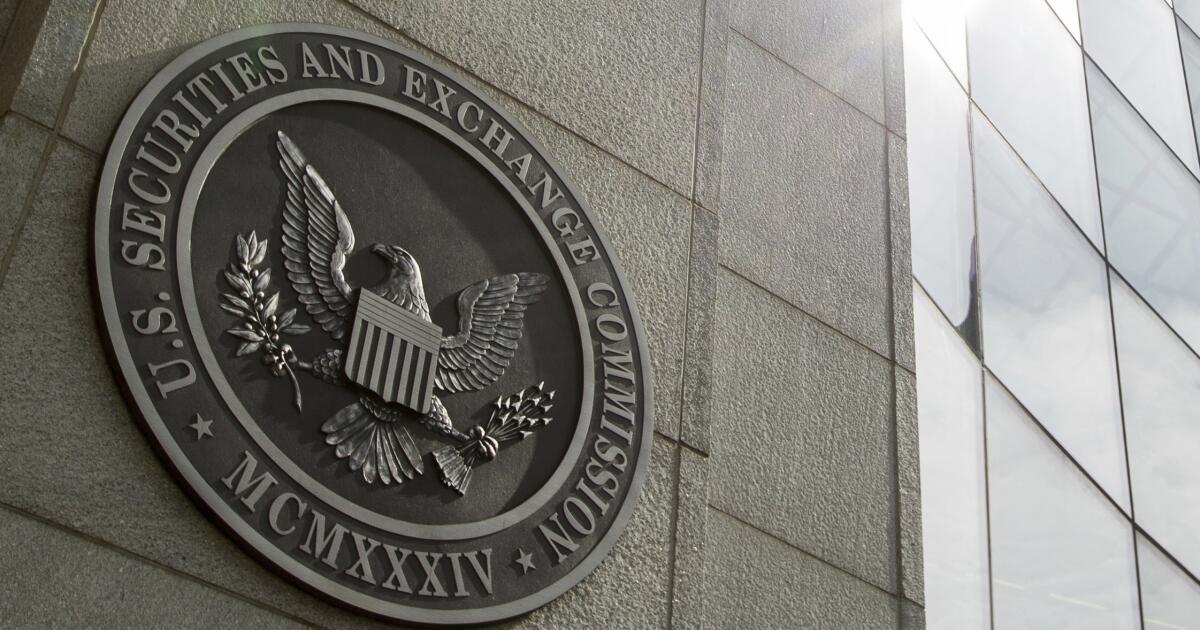The Supreme Court on Thursday made it harder for the Securities and Exchange Commission to penalize fund managers accused of defrauding investors.
In a 6-3 decision, the justices said those accused of stock frauds are entitled to a jury trial in a federal court, not an administrative hearing before a judge appointed by the SEC.
The court said the 7th Amendment and its right to a jury trial is not limited to private lawsuits, but extends also to suits brought by the government seeking fines or penalties for violating the law.
The decision is consistent with the conservative court’s determination to rein in the so-called “administrative state.”
Congress created the SEC in 1934 in response to the stock market crash with a mission to root out schemes and frauds that cheated investors.
In recent years, conservatives have criticized the SEC as an agency with unchecked power. They say it can enact rules as a legislature does, investigate potential violations as a prosecutor, and at times serve as judge and jury to impose large fines on those who violated its rules.
The case of SEC vs. Jarkezy focused on the agency’s unusual power to seek large fines and penalties through in-house administrative hearings.
In 2007, George Jarkesy launched a hedge fund in Houston which managed about $24 million for 120 investors. It lost money after the Wall Street sell-off in 2008.
The SEC later said he had misled investors by telling them a prominent accounting firm was serving an auditor and an investment bank was serving as a broker. The agency also said he inflated the value of shares to inflate his management fees.
The SEC brought an administrative claim against Jarkesy and his Patriot28 fund, and after more than six years of review, he was ordered to pay a civil penalty of $300,000 and to “disgorge” $685,000 in illicit gains.
On appeal, his attorney said Jarkesy was “put to trial before a captive agency judge sitting unconstitutionally with no right to a jury.” The SEC “almost always win in its own courts,” he said.
Congress has steadily expanded the types of cases eligible for administrative hearings. The SEC increased its use of the administrative process after losing a series of jury trials in insider-trading cases, including a 2013 verdict favoring Mark Cuban, then an owner of the Dallas Mavericks.







